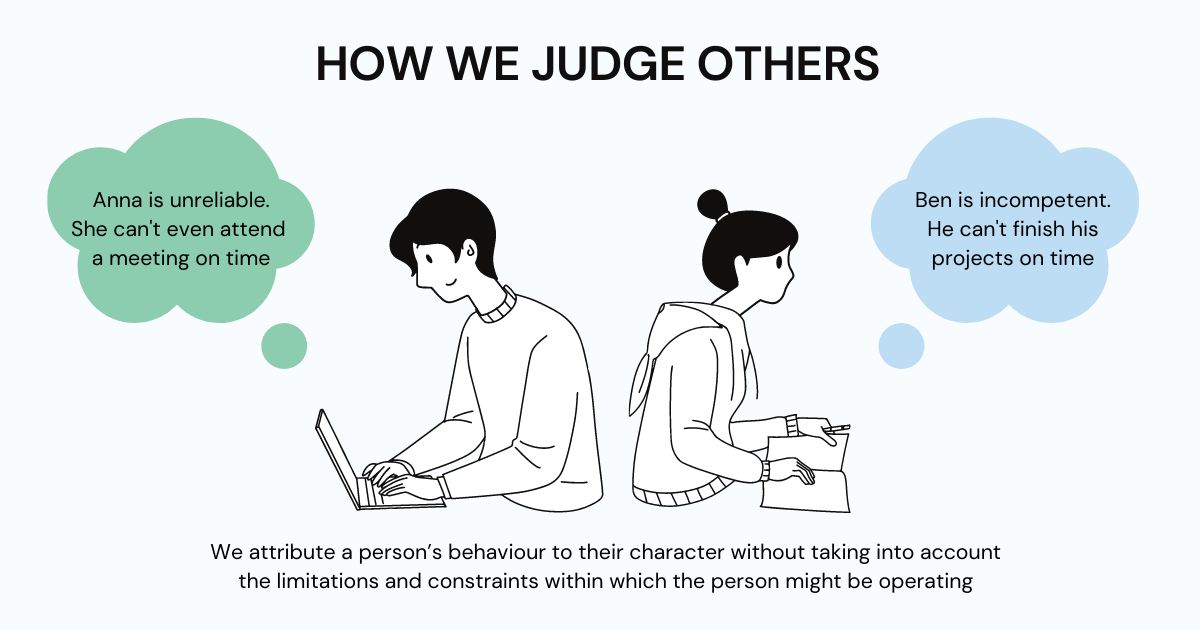Everyone has their own definition of true leadership. What I didn't understand at the start of my leadership journey was that each of us is a leader. Regardless of intent, we influence and impact our communities, industries, workplaces, and relationships. Yet, often we don't understand the importance or impact of simply being present. So I wanted to write a message to anyone looking to grow into engineering leadership. This was the letter the younger version of myself needed and I hope that it will highlight the importance of self-empowerment in your journey.
To Whom it may concern,
Anyone remember by history has taken it upon themselves to venture down their own path. In some instances, these individuals stood their ground and continued forward in the face of violence, war, political and economic systems, beliefs, and stereotypes never before challenged. And so they changed the perspectives and consequently the lives of individuals around them. These individuals didn't stand out by being just like everyone else. Instead, they took up the metaphorical shovel and paved their path by taking actions in alignment with what they believed and desired.


